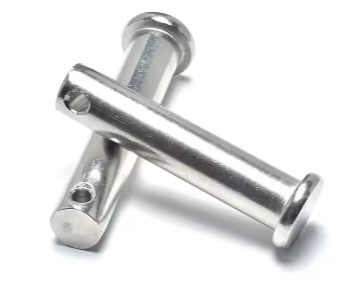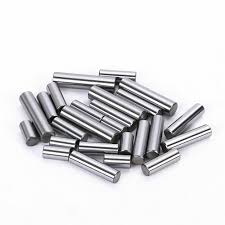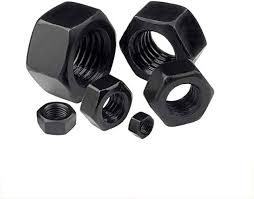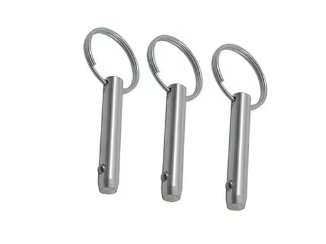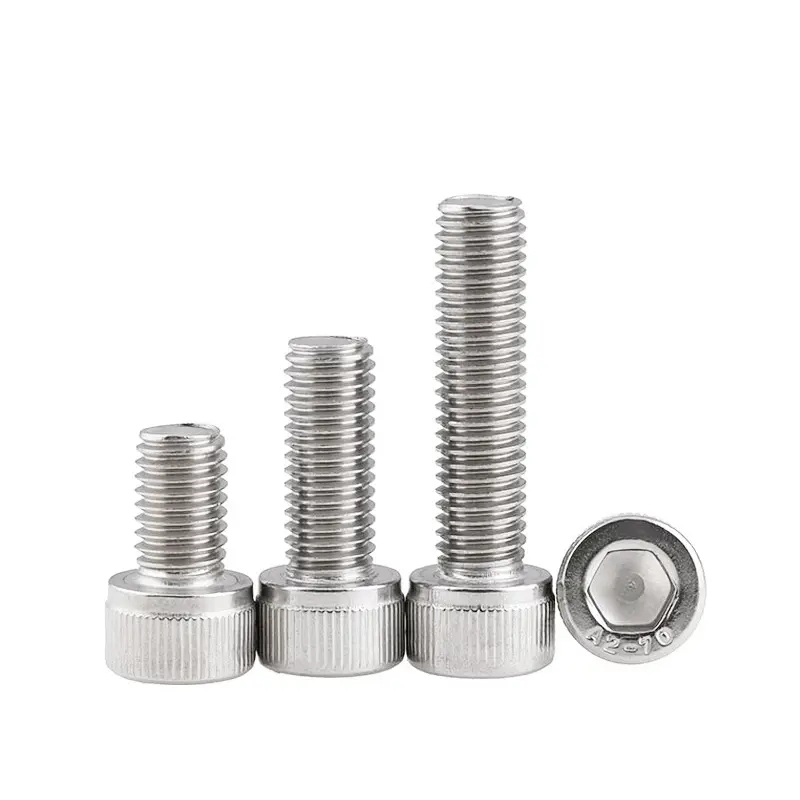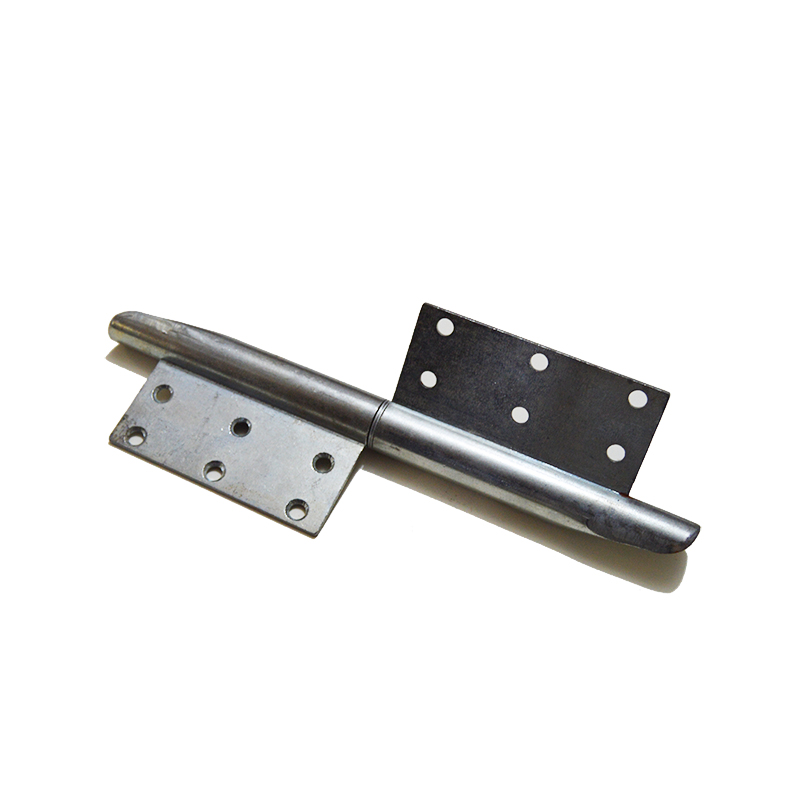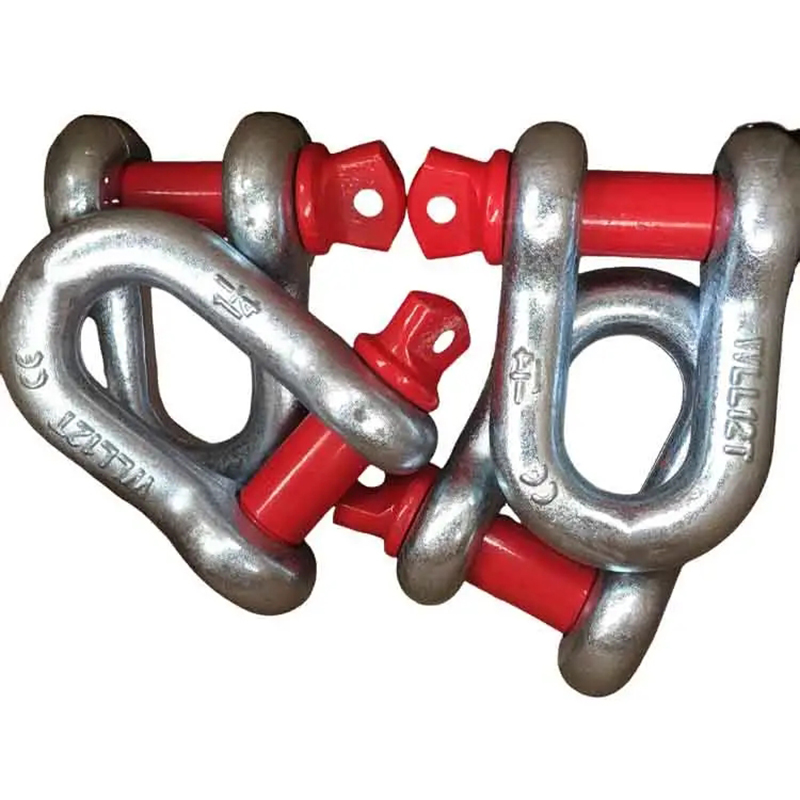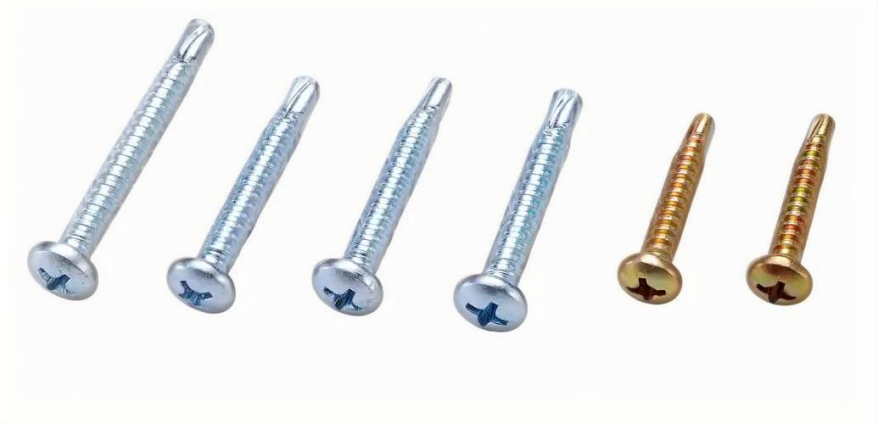

This guide provides a comprehensive overview of sourcing high-quality M10 stainless steel bolts, covering material selection, manufacturing processes, quality control, and key considerations for manufacturers. Learn about different stainless steel grades, bolt types, and best practices for ensuring optimal performance and longevity.
The choice of stainless steel grade for your M10 stainless steel bolts is crucial and depends on the application's specific requirements. Common grades include 304 (18/8), 316 (marine grade), and 316L (low carbon 316). 304 offers excellent corrosion resistance in many environments, while 316 offers superior resistance to chloride corrosion, making it ideal for marine or coastal applications. 316L provides improved weldability. The selection should consider factors such as exposure to chemicals, temperature fluctuations, and required tensile strength. Always consult with a materials specialist to determine the optimal grade for your needs.
M10 stainless steel bolts come in various types, including hex bolts, socket head cap screws, shoulder bolts, and more. Each type has specific design characteristics and applications. Understanding the differences is key to selecting the right bolt for your project. For instance, hex bolts are commonly used for general fastening, while socket head cap screws offer a more refined appearance and are often preferred in machinery applications. Precise specifications, such as thread pitch, length, and head style, must be carefully considered to ensure proper fit and function.
The production of M10 stainless steel bolts typically involves processes such as cold heading, hot forging, or machining. Cold heading is a cost-effective method for mass production, while hot forging is used for larger or more complex bolt designs. Machining offers greater precision and is suitable for smaller production runs or highly customized components. The chosen method significantly impacts the final product's quality and cost. Hebei Dewell Metal Products Co., LTD utilizes state-of-the-art manufacturing techniques to ensure high-quality products.
Rigorous quality control is essential throughout the manufacturing process. This includes inspections at each stage, from raw material testing to final product verification. Methods such as dimensional checks, tensile strength testing, and corrosion resistance testing are employed to guarantee compliance with industry standards and customer specifications. Certifications, such as ISO 9001, demonstrate a commitment to quality management systems.
When sourcing M10 stainless steel bolts, consider factors such as the manufacturer's reputation, production capacity, quality control procedures, and certifications. It's important to choose a supplier that can meet your specific requirements in terms of quantity, quality, and delivery timelines. Look for manufacturers with a proven track record and a commitment to customer satisfaction. Verify their experience with similar projects and obtain references if necessary.
Numerous online directories and industry platforms can assist you in identifying potential suppliers of M10 stainless steel bolts. Thoroughly research potential manufacturers, compare quotes, and request samples to evaluate quality and meet your specific needs. Online reviews and industry ratings can provide valuable insights into a supplier's reliability and performance.
| Grade | Corrosion Resistance | Tensile Strength | Weldability | Applications |
|---|---|---|---|---|
| 304 | Good | High | Good | General purpose |
| 316 | Excellent (chloride resistant) | High | Good | Marine, chemical |
| 316L | Excellent (chloride resistant) | High | Excellent | Welding applications |
Remember to always specify the exact grade of stainless steel required when ordering your M10 stainless steel bolts to ensure optimal performance and longevity for your project. Contact a reputable manufacturer like Hebei Dewell Metal Products Co., LTD for high-quality products and expert advice.


